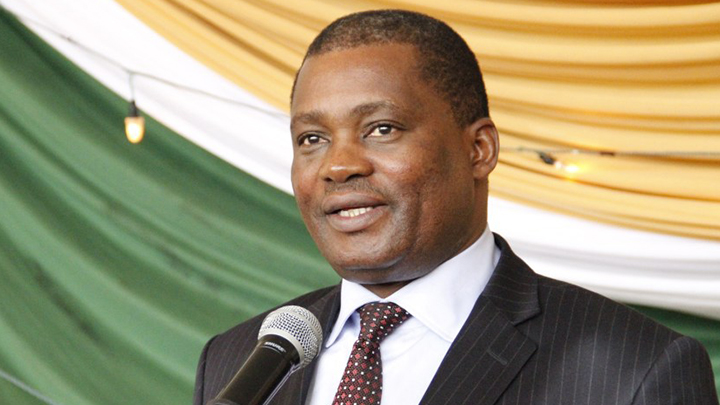President William Ruto’s newly established panel tasked with designing compensation mechanisms for victims of protest-related violence.
Muturi described the 18-member team, sworn in on Thursday at the Kenyatta International Convention Centre (KICC), as “a mockery of justice” and accused it of serving political interests rather than the victims themselves. The panel has 120 days to deliver on its mandate and is expected to submit periodic reports to President Ruto.
According to Muturi, the initiative lacks legal and constitutional grounding. “At its core, the panel is not anchored in law, has no constitutional authority, and lacks a funding framework. It is therefore not just inadequate it is a deliberate distraction from the real path to justice,” he said.
He pointed to Kenya’s history of commissions and task forces that, despite being legally established, failed to deliver justice. Muturi cited the Truth, Justice and Reconciliation Commission (TJRC), which spent billions collecting victim testimonies, yet its report remains shelved in Parliament. He also referenced the Waki Commission on the 2007/08 post-election violence and the Krigler Commission, noting that most of their recommendations have gone unimplemented.
Muturi stressed that justice lies with the courts, not presidential appointees. “It is the courts that have the mandate to establish responsibility, hold perpetrators accountable, and award compensation. By creating a parallel structure under the Executive, the president has assumed judicial powers that are not his to exercise,” he argued.
He further questioned how the panel would manage compensation without parliamentary approval and a legal framework, warning that arbitrary payments could become tools of selective patronage. Muturi invoked the principle of nemo judex in causa sua no one should be a judge in their own case describing the panel as inherently flawed because it investigates violence allegedly linked to the very office appointing it.
Concluding his statement, Muturi said, “This panel is not about victims. It is about shielding the presidency from accountability and managing political optics ahead of 2027.”
His remarks underline growing concerns over the independence and effectiveness of government-appointed panels in delivering justice for victims of state-linked violence.

